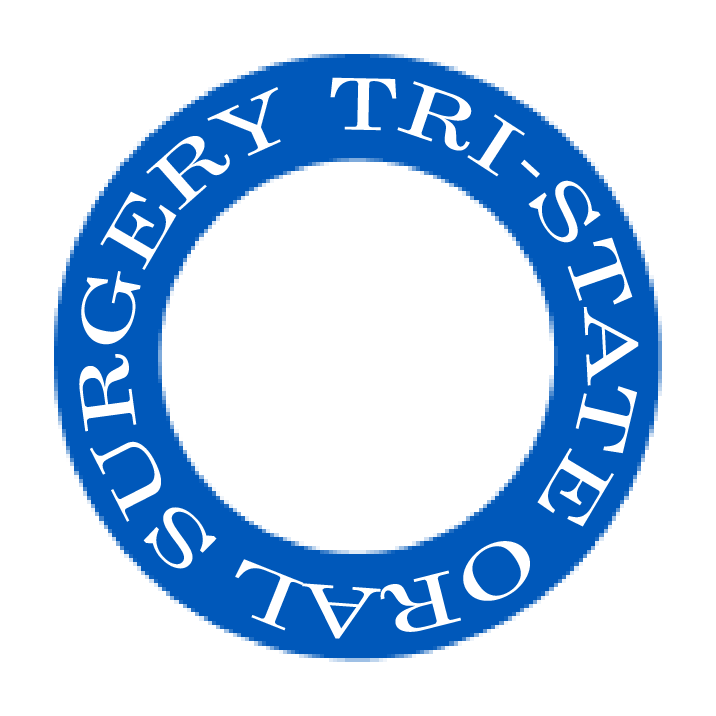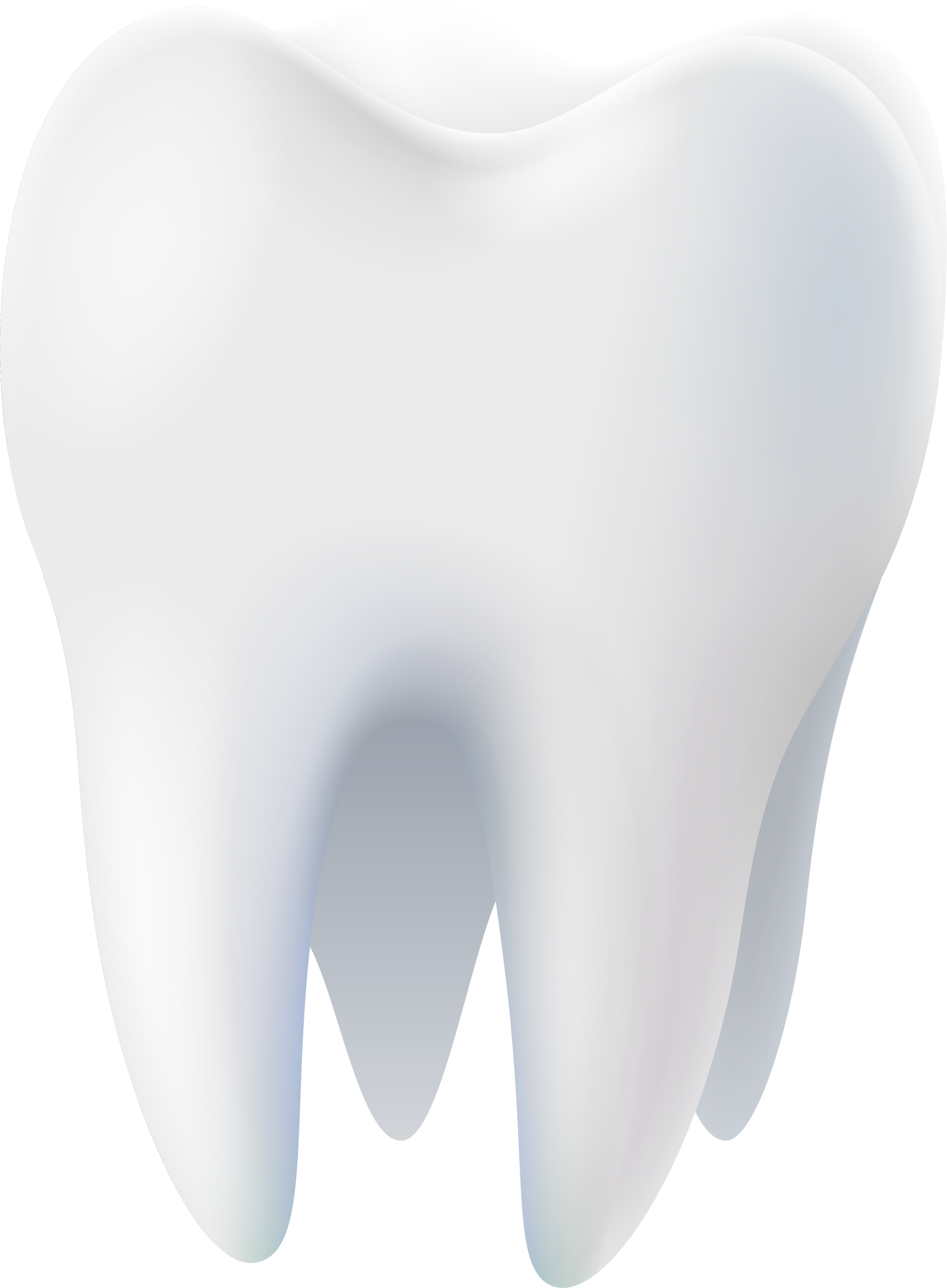Jaw Surgery
+ PROCEDURES
Correcting Jaw Alignment for Better Function and Appearance
At Tri-State Oral Surgery, we specialize in the removal of wisdom teeth, ensuring a smooth and comfortable process. Wisdom teeth, also known as third molars, often cause issues when there isn’t enough space in the mouth for them to fully erupt. Removal can prevent pain, infection, and future dental complications.
Prevent Future Dental Issues
Removing impacted or misaligned wisdom teeth early helps prevent pain, infections, and damage to surrounding teeth.
Comfortable and Safe Procedure
Our experienced surgeons use advanced anesthesia options to ensure your wisdom teeth removal is painless and stress-free.
Quick Recovery with Personalized Care
With proper post-operative instructions, most patients experience a smooth recovery and minimal discomfort following the procedure.


Understanding Wisdom Teeth and Why They Cause Problems
Orthognathic surgery is needed when jaws don't meet correctly and/or teeth don't seem to fit with jaws. Teeth are straightened with orthodontics, but corrective jaw surgery repositions misaligned jaws. This not only improves facial appearance, but also ensures that teeth meet correctly and function properly.
Who Needs Orthognathic Surgery?
People who can benefit from orthognathic surgery include those with an improper bite or jaws that are positioned incorrectly. Jaw growth is a gradual process and in some instances, the upper and lower jaws may grow at different rates. The result can be a host of problems that can affect chewing function, speech, long-term oral health, and appearance. Injury to the jaw and birth defects can also affect jaw alignment. Orthodontics alone can correct bite problems when only the teeth are involved. Orthognathic surgery may be required for the jaws when repositioning is necessary.
Difficulty in the following areas should be evaluated:
- difficulty in chewing, biting or swallowing
- speech problems
- chronic jaw or TMJ pain
- open bite
- protruding jaw
- breathing problems
Any of these symptoms can exist at birth, be acquired after birth as a result of hereditary or environmental influences, or as a result of trauma to the face. Before any treatment begins, a consultation will be held to perform a complete examination with x-rays. During the pre-treatment consultation process, feel free to ask any questions that you have regarding your treatment. When you are fully informed about the aspects of your care, you and your dental team will make the decision to proceed with treatment together.
Technology and Orthognathic Surgery
At Tri-State Oral Surgery, we use modern computer techniques and three-dimensional models to show you exactly how your surgery will be approached. Using comprehensive facial X-rays and computer imaging, we can show you how your bite will be improved and even give you an idea of how you'll look after surgery. This helps you understand the surgical process and the extent of the treatment prescribed. Our goal is to help you understand the benefits of orthognathic surgery.
If you are a candidate for Corrective Jaw Surgery, our office will work closely with your dentist and orthodontist during your treatment. The actual surgery can move your teeth and jaws into a new position that results in a more attractive, functional, and healthy dental-facial relationship.
+ FAQ
Answers to Your Most Common Questions
Jaw surgery, or orthognathic surgery, can significantly improve both appearance and function. Below are answers to some common questions about the procedure. For medical questions, please call our office directly. For general inquiries, please use the contact form below.
Contact Us
We will get back to you as soon as possible.
Please try again later.
Jaw Surgery FAQ
What is jaw surgery?
Jaw surgery, or orthognathic surgery, is a procedure to correct misaligned jaws, improving your bite, speech, and overall facial appearance.
Who is a candidate for jaw surgery?
Candidates include those with significant bite misalignment, jaw pain, difficulty chewing or speaking, or facial injuries that affect jaw function. A consultation will determine if surgery is right for you.
How long is the recovery from jaw surgery?
Recovery typically takes 6-12 weeks. You will need a liquid or soft diet during the initial healing period, and regular follow-ups will ensure proper healing.
Is jaw surgery painful?
Jaw surgery is performed under anesthesia, so you won’t feel pain during the procedure. Post-surgery discomfort can be managed with prescribed pain medication, and most patients experience gradual improvement in the first few days.
Will I need orthodontics with jaw surgery?
Yes, jaw surgery is often performed in conjunction with orthodontic treatment. Braces are typically worn before and after surgery to align the teeth properly with the newly positioned jaw.
What are the risks of jaw surgery?
Like any surgery, jaw surgery carries some risks, including infection, nerve damage, and temporary jaw stiffness. However, these risks are minimized through careful planning and skilled surgical techniques.
+ CONTACT US
Reach Out for Expert Oral Care
We’re here to answer any questions and help you schedule your appointment at Tri-State Oral Surgery. Whether you’re looking for more information or ready to book your first visit, our team is available to assist you.
Evansville Office
Owensboro Office
Fax
812-401-3600
Office Hours
Phone Hours
Mon - Thurs: 7:30 am - 3:30 pm | Friday: 7:30 am - 1:30 pm
Mon - Thurs: 7:30 am - 5:00 pm
Call or Text:
812-401-3500
Call or Text: 270-208-9005



